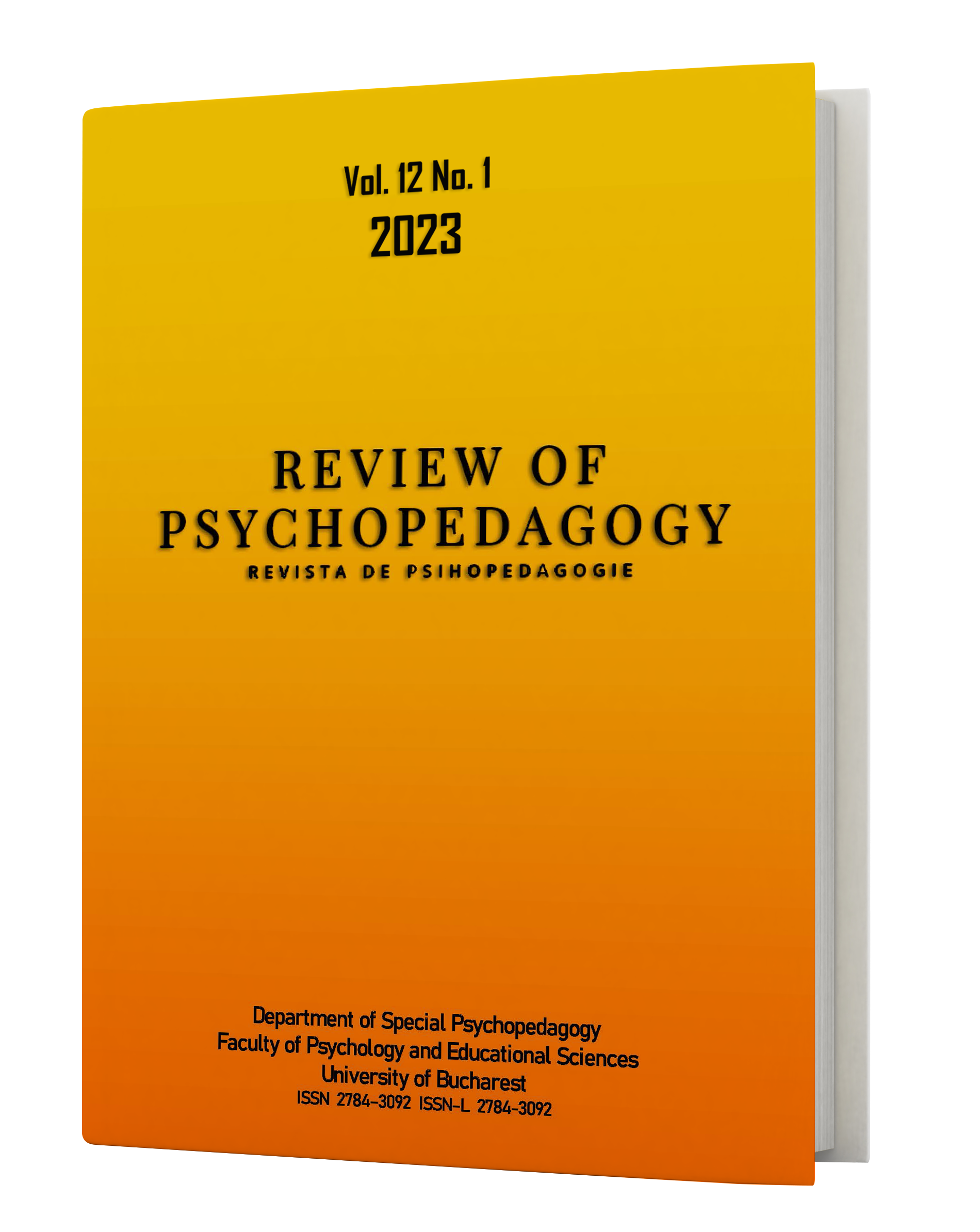The effects of a therapeutic program based on motor learning in the recovery of apraxia of speech in children
The effects of a therapeutic program based on motor learning in the recovery of apraxia of speech in children
Author(s): Dana Elena CiobanuSubject(s): Developmental Psychology, Neuropsychology, Inclusive Education / Inclusion
Published by: Universitatea din București, Facultatea de Psihologie și Științele Educației, Departamentul Psihopedagogie Specială
Keywords: childhood apraxia of speech (CAS); therapy programs; Speech Skills; verbal motor learning;
Summary/Abstract: The purpose of the present study is to analyze comparatively the effects of some therapeutic interventions to improve the symptoms of apraxia of speech in children (CAS). In this sense, three different therapeutic programs were implemented, each lasting 12 months, in three groups of children. Two measurements were made, before and after the children's participation in the programs. P1 included therapy based on augmentative and alternative communication, P2 included therapy based on the classic speech therapy model and therapeutic speech massage, P3 included therapy based on verbal motor learning, VML. 106 children diagnosed with CAS participated in the study, aged between 5 and 7 years, M = 5.75, SD = .75, of which 81 boys (76%) and 25 girls (24%), were randomly divided into three groups. CAS severity was measured using a grid from the Dynamic Assessment of Motor Speech Skills, measuring articulatory accuracy, vowel scoring, and prosody. Visuomotor accuracy, visuospatial processing, phonemic hearing, narrative memory, and attention were measured with a series of tests from the PEDb and PEDa packages (Cognitrom, 2012). Although all three therapeutic programs registered significant effects on the improvement of CAS symptomatology, the most notable effects were obtained by the VML method. The practical implications of the study are discussed, as well as future research directions.
Journal: Revista de Psihopedagogie
- Issue Year: 12/2023
- Issue No: 1
- Page Range: 54-68
- Page Count: 15
- Language: English

